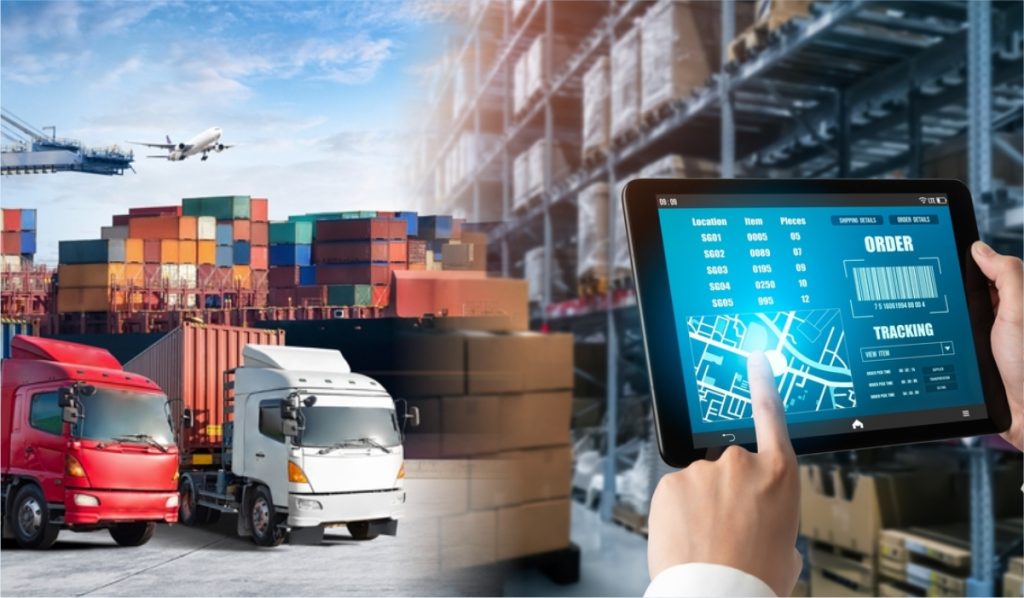Building a strong retail logistics network is essential for any business aiming to scale efficiently and meet the growing demands of consumers. As the retail landscape evolves, driven by the rise of e-commerce and the increasing expectations for fast and reliable delivery, the importance of a robust logistics network cannot be overstated. Retail logistics plays a critical role in ensuring that products are sourced, stored, and delivered to customers on time and in perfect condition. A well-organized logistics network allows retailers to maintain inventory levels, optimize supply chain processes, and reduce operational costs, all while delivering exceptional customer service.
To build a strong retail logistics network, businesses must first focus on developing an integrated supply chain strategy. This strategy should connect all the key components of logistics, from procurement to transportation and order fulfillment. One of the main goals of Retail Logistics is to ensure that goods are transported efficiently and cost-effectively from suppliers to warehouses and ultimately to consumers. Achieving this requires seamless communication and coordination between suppliers, warehouses, distributors, and transportation providers. An integrated approach helps minimize delays, reduce inventory holding costs, and ensure that products are always available when customers need them.
A crucial element in building a strong logistics network is the selection of strategic warehouse locations. Warehouses serve as hubs in the logistics chain, where products are stored before being shipped to retailers or customers. The location of these warehouses can have a significant impact on delivery times and transportation costs. By strategically positioning warehouses closer to key markets or transportation hubs, businesses can reduce shipping times and improve service levels. Additionally, businesses should consider investing in technology that helps manage warehouse operations, such as automated picking systems and real-time inventory tracking. This ensures that products are stored and moved efficiently within the warehouse, reducing the chances of stockouts or overstocking.
Transportation management is another critical component of a successful retail logistics network. Efficient transportation helps ensure that products are delivered to customers on time, which is especially important in the age of fast shipping expectations. Businesses should work with reliable carriers and explore options for route optimization to reduce transportation costs and improve delivery times. The use of real-time tracking systems can provide visibility into shipments, allowing retailers to proactively manage any delays and communicate with customers. By optimizing transportation routes and leveraging technology, businesses can minimize costs while maintaining timely and accurate deliveries.
In addition to physical infrastructure, strong relationships with third-party logistics providers (3PLs) can significantly enhance the strength of a retail logistics network. 3PLs can offer expertise in areas like warehousing, fulfillment, and transportation, allowing businesses to scale more effectively without the need to invest in additional resources. Outsourcing logistics functions to 3PLs can also provide access to advanced technologies, networks, and expertise, which can improve the efficiency and performance of the overall logistics operation.
Finally, building a strong retail logistics network requires a focus on customer experience. The ultimate goal of any logistics network is to meet the needs of customers, ensuring that products arrive on time and in good condition. By continually monitoring key performance indicators (KPIs), such as order accuracy, delivery speed, and customer satisfaction, businesses can identify areas for improvement and refine their logistics strategies. An agile and responsive logistics network allows businesses to adapt to changing customer demands and market conditions, ensuring long-term growth and success.
Building a strong retail logistics network is essential for businesses looking to scale and meet the ever-growing demands of today’s consumers. By developing an integrated supply chain strategy, optimizing warehouse locations, managing transportation effectively, and partnering with 3PLs, retailers can create a logistics network that supports growth and enhances customer satisfaction. A well-built logistics network not only improves operational efficiency but also provides the foundation for sustainable business success in the competitive retail market.

